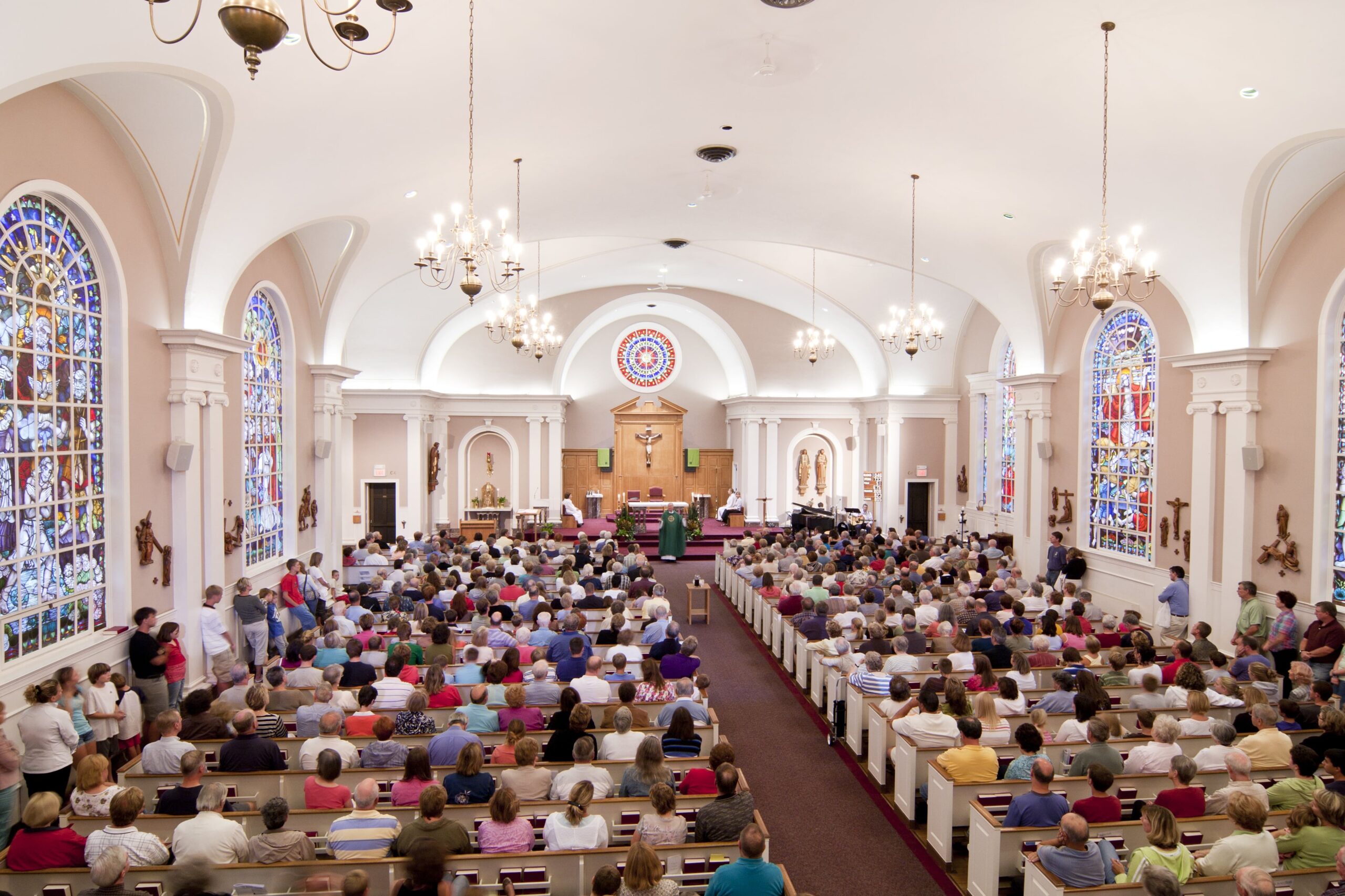The Rev. Dr. Thomas G. Bandy is an internationally recognized author, consultant, and leadership coach for churches and Christian organizations and faith-based non-profits. He is the director of www.ThrivingChurch.com and has authored many planning tools that interface with the demographic research engine of www.MissionInsite.com.
The Demise of Age-Based Education and the Rise of Affinity-Based Education
In my previous blog, I tried to describe the revolution in public (and Christian) education that is already unfolding with or without the guidance of professional educators and Sunday school teachers. This revolution has already started. It’s already unfolding. And many churches need to stop playing “catch up” and get “on board.”
Many leaders have asked what Christian education, which is no longer based on age, might look like.
In the relatively culturally homogeneous days from around 1900 to 1980, “age” was a crucial factor in understanding the intellectual and spiritual development of people. In any given community, most people shared the same culture, language, local history, and so on. We could make generalizations about childhood development, lump all teenagers in a single “youth ministry”, and assume that parents had a basic knowledge of scripture, doctrine, and tradition. Moreover, reading print, conversing face-to-face, and learning most everything from just a few teachers was normal.
Since 1980…
Cultural and lifestyle diversity has exploded, partly as a result of the introduction of personal computers and the internet, and partly as a result of global mobility through immigration, lifestyle diversity, and the search for jobs. Other demographic categories like language, country or county of origin, racial diversity, occupation, marriage and household status, educational history, technological sophistication, income, etc. have become more important than age.
Today…
People do not naturally gather in groups determined by age. We see younger children mingling with older children, teens with adults, middle-aged with seniors, and so on. People gather around shared needs, goals, or affinities. People learn “on-the-go”, as they need it, and from peers in similar situations and contexts. Older does not mean wiser. Expertise does not depend on certifications and degrees. More information comes in data and sound bytes than in books and programs. So people of all ages gravitate to other people of all ages to grow and mature.
This is why the cross-generational, mid-week small group has displaced the age-specific class on Sunday morning as the primary way people learn about God, Christian values and spiritualities, moral behavior, and discernment of call. Increasingly, such groups are not based on printed curricula, but on affinities related to shared needs and goals. Small group leaders are unlike Sunday school teachers. They need to empathize with different ages, from different backgrounds, and adapt to diverse personalities and technical abilities.
Mobility has become a key demographic factor for Christian education.
My consultations with local churches reveal a common pattern. The average residency of church members in any give community or neighborhood is often well over 10-15 years. Yet the average residency of people in the community or neighborhood is often well under 2 years and as little as a few months. Age-based Christian education assumes that the church has time to spare. Children will move on to the next class. Adults can commit to programs that last for months. However, most people don’t have time. They need to learn what they need, when they need it, as quickly as possible.
Another key demographic factor is transportation.
Again, I see a common pattern. Church members tend to travel less than 15 minutes to get to church … and if they drive further it is because they are motivated by enduring friendships with people still in the local community. Yet people in the community and neighborhood are willing to commute long distances to get to their place of work, and therefore assume many more options for a church destination than the church nearby. Their choice is dictated more by need or cultural affinity than mere friendliness.
Yet another key demographic factor is lifestyle leadership.
The common pattern in Christian education is to recruit a teacher who is more of a navigator than an educator. The leader only needs to be trained in group processes and follow instructions. Yet most people in the community choose a teacher based on their wisdom rather than their management skills. And wisdom no longer depends on age. It depends on character and empathy. People seek role models (young or old) who can empathize with their issues, who have survived their struggles, and who can give practical guidance to solve their problems. They will drive long distances simply to associate with them and are more likely to follow them on Twitter when they move to a new location.
In the MissionImpact Mosaic Application Guide (a resource found in MissionInsite), I offered guidance to church planners for both Sunday morning education and midweek small groups. Some lifestyle segments prefer one option, others another option. The educational preferences are as follows:
| Form | Curricular or experiential |
| Content | Biblical or topical |
| Grouping | Generational or Peer Affinity Group |
As the grouping of “age-based” education transitions toward “peer” or “affinity-based” education, the form of education will shift away from “curricular” learning based on age-specific printed curricula toward “experiential” learning-based technology that relies on sound, image, and video that accessible to multiple ages at the same time.
I also defined small group choices. Different lifestyle segments prefer trained or rotated leaders and may focus on reading a common curriculum or participating in some shared affinity. As education shifts toward cross-generational small groups, the bond that holds the group together will shift from reading to shared activities.
There will still be choices regarding the content of education. Some lifestyle segments will prefer more clearly Biblical content, and others more topical content. But the traditional methods of Bible or book studies are less attractive in a cross-generational world. The future of Christian education is not to read the Bible, but experience the Bible; and it is not to read about faith in the contemporary world but to act faithfully in the contemporary world.
I welcome any and all questions about using MissionInsite for ministry planning and leadership development.
You can reach me at tbandy@acst.com.
Read More:
A REVOLUTION IN CHRISTIAN EDUCATION
HELP! WHAT CAN WE DO TO GROW YOUR YOUTH MINISTRY?
WHAT’S THE DIFFERENCE BETWEEN “MULTI-SITE” AND “FRESH EXPRESSION”?




